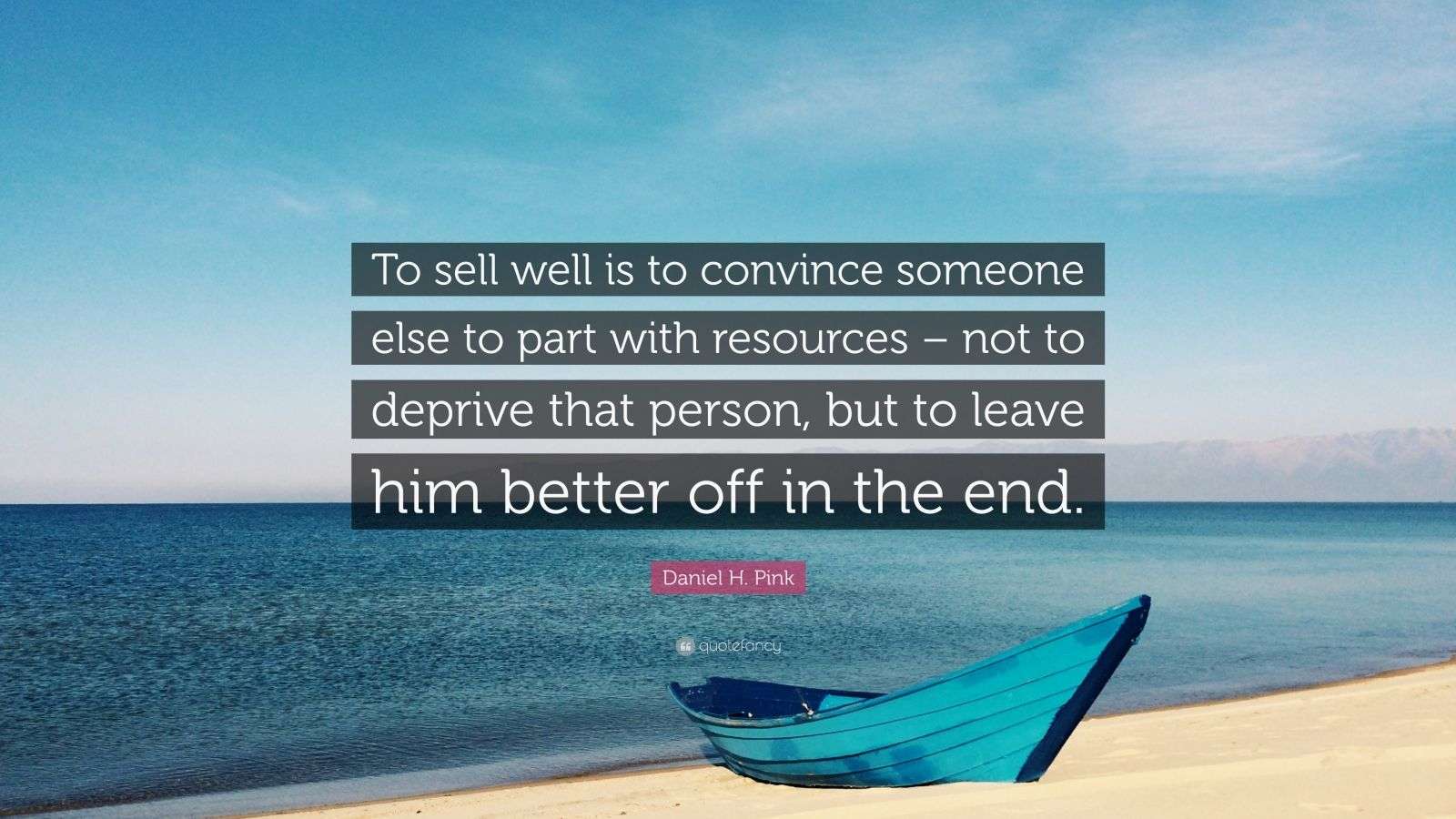I am embarrassed to admit it, but I do like the clickbaity type titles more often than I should. When I saw the title, “The 1 Interview Question All Great Bosses Ask to Hire for Potential (Hint: Mark Cuban Says It’s the Secret to Success),” I was interested in reading it just because I thought it would be something that was either common sense or ridiculous. Instead, I was pleasantly surprised with the “one question”:
“Do you like sales?”
Huh?
As the article states, when we think “sales” we often think used cars, but this quote stuck out to me:
Well, because sales is a very strong indicator of someone’s social intelligence. Anybody can be well-liked and get along with others when nothing is at stake, but sales require one to explain the value, virtues, and benefits of a product, service, or project when someone may not be on your side.
Do the last eight words sound familiar in education, whether in the classroom or leadership positions? Early in my career, I am guilty of answering the question, “Why do we have to learn this?” with, “because I said so.” Yes, the answer came off as sarcastic, but part of the reality of some of the things that I taught was not because I believed in them or saw their long-term benefit, but because they were part of the curriculum which I had to teach. I answered that way because I didn’t know what else to say.
This article connected directly to this piece by AJ Juliani, “Is It the End of Math Homework?” In it, AJ explains the PhotoMath app, and how it would do math problems for students:
She would pick up her iPhone (or maybe it was an Android) and open up an app. Then flicking over to a clear screen, she would hover the phone over a specific problem in her textbook.
It was nothing short of magic. If by chance, someone had been transported here from even 20 years ago they might not have believed it was possible.
The phone immediately (I mean it was quick!) overlayed the problem, multiple steps, and a solution all in a row on her screen. She jotted down the answers on her piece of paper and went on to the next problem.
In my conversation with AJ, we talked about his post and how it made teachers think differently about how they assigned work in class, but what I wanted to challenge was that now more than ever, students need to know why something is important to learn in the first place. If an app will do the work for me, and I see no value in learning the process in the first place, why would I spend my time doing this? It might be an App or Google now, but when I went to school, it was the answers in the back of the book that was my way out of doing the work needed for class. As a teacher, you could argue with me all you wanted that if I copied the answers out of the back of the book that it would hurt me by the time the test came around, but if I saw the class and the learning to be irrelevant, do you think I cared if I passed the test?
All of this reminded me of Daniel Pink’s book, “To Sell is Human”:

Years ago, I started refusing to do workshops or sessions that were focused solely on a new tool or idea. There had to be time provided where I could explain why what I was talking about was crucial to education or people personally in the context of their work. This meant not only sharing “why” but taking questions and understanding where people were starting from to help them move forward, instead of solely focusing on where I believed they needed to go. If you didn’t do that, teachers would often ask “why,” and instead of creating a compelling case in the first place, it was arguments the entire time anyway. The ultimate is when you are teaching something new, and the why is so compelling that by the time you are finished making your case, people are anxious to get going. That takes work, a clear vision, and persistence.
If you connect the Pink quote to this work, the “resource” that we often ask our students or colleagues to part with is their time, and time is the most precious of resources we have in this world. Once given away, you will never get it back. Spending time to show why what you are doing is not only going to be important to who you serve now and in the future, is not in addition to the work of education, it is simply part of it. And if you don’t understand “why” and/or have the ability to articulate a compelling vision, the people you serve will probably not buy what you are selling in the first place.